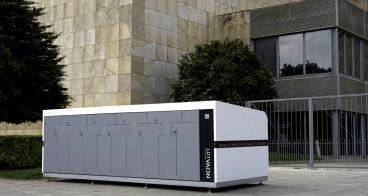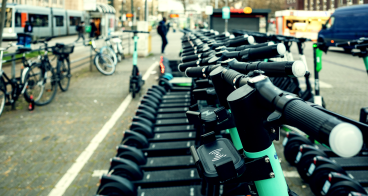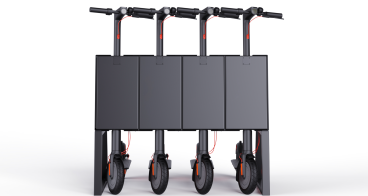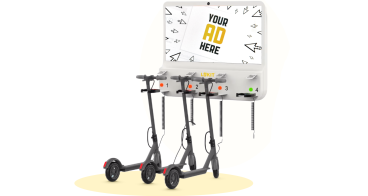High-quality bicycle parking facilities for the city of Vienna
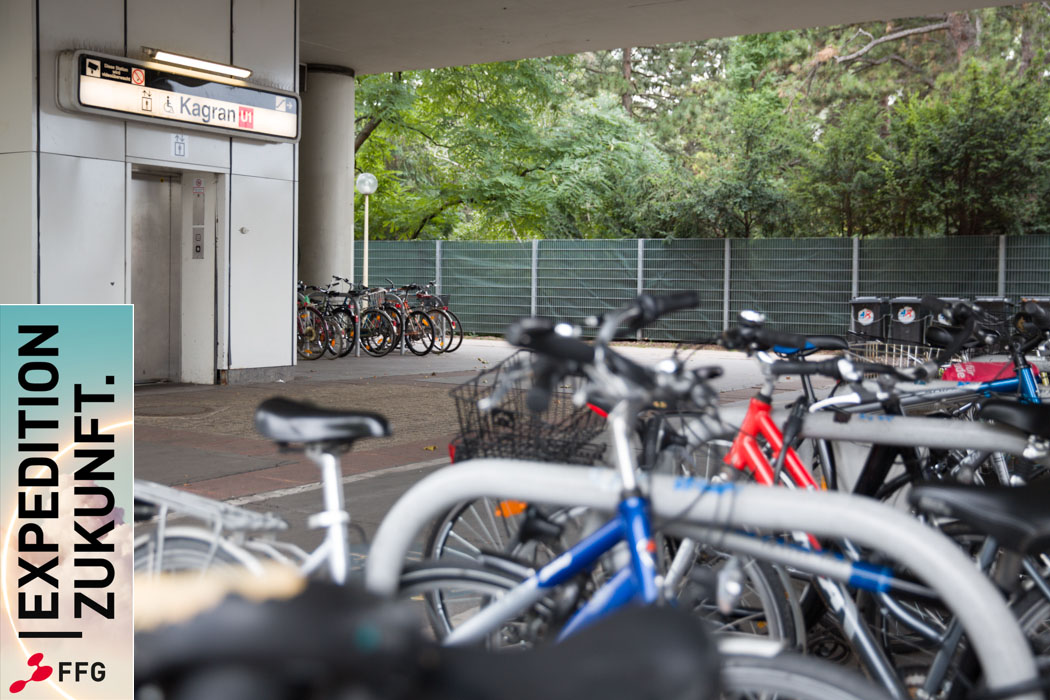
The Challenge
Vienna is facing a growing challenge as the use of bicycles, including e-bikes, continues to rise. The city needs to address the increased demand for secure, high-quality parking solutions. Currently, the 'Viennese hoop' provides a basic short-term parking option, but with the growing use of higher-value bicycles and diverse parking needs - such as overnight storage at the end of commuting routes - more advanced solutions are required.
To enhance the appeal of everyday cycling for Vienna's residents, innovative parking solutions are crucial. There's a particular need for expanded parking facilities at major transportation hubs, like bike stations or garages, where bicycles are often left unattended during the day. Furthermore, investing in high-quality bicycle parking can significantly benefit existing residential areas by accommodating longer-term parking needs for both commuters and local residents.
The main challenges for bicycle parking facilities include:
- Limited space availability in dense urban areas
- Lack of security against theft and vandalism
- High maintenance, operational, and cleaning efforts
- Suitability for all common bicycle models
Who can apply?
The following minimum requirements should be considered:
- Basic requirements for bicycle parking: stability, lockable, lighting, manoeuvring space, etc.
- Space efficiency: compact design
- Accessibility: 24/7, 365 days a year:
- Security: robustness, theft protection, vandalism prevention, effective access control, etc.
- User-friendliness: clear instructions, low effort for operation, etc.
- Unified and vendor-neutral access system for all facilities, even when using different types of installations (both digital and offline solutions, e.g., QR codes, apps, and terminals).
- Scalability: expandability based on increasing demand or adaptability to locations with varying needs
- Functional modularity: retrofitting and adaptability for necessary technical features
- High-quality design: proportions, harmonious colour choices, recognisable elements for citywide mobility branding, high-quality and durable materials, etc.
Additionally, the following criteria are positively evaluated:
- Modular expandability: monitoring systems, charging infrastructure, reservation options, payment systems, etc.
- Weather protection: modular construction to add shelter where local coverage is lacking
- Resource-efficient material use: environmentally friendly materials, minimal material usage, etc.
- Service contracts for ongoing operation: cleaning, maintenance, removal of abandoned bicycles, customer service, technical support hotline, booking management, and usage evaluation.
Background
With this challenge, the City of Vienna gains an overview of potential solutions and potential partners. The internal expert jury invites companies whose solutions stand out positively based on the evaluation criteria to an innovation dialogue.
For companies, this opportunity means:
By participating in the challenge, you get on the radar of the public client (City of Vienna). Your submission remains visible as your business card even after the challenge concludes, attracting further interest. You position yourself for public procurement projects. If you are among the winners and receive an invitation to the final innovation dialogue, you can present your solution directly to project stakeholders.
This process fosters awareness and understanding of suitable innovations on the part of the public client. It’s crucial for considering innovative approaches in potential procurement projects under the Federal Procurement Act.



